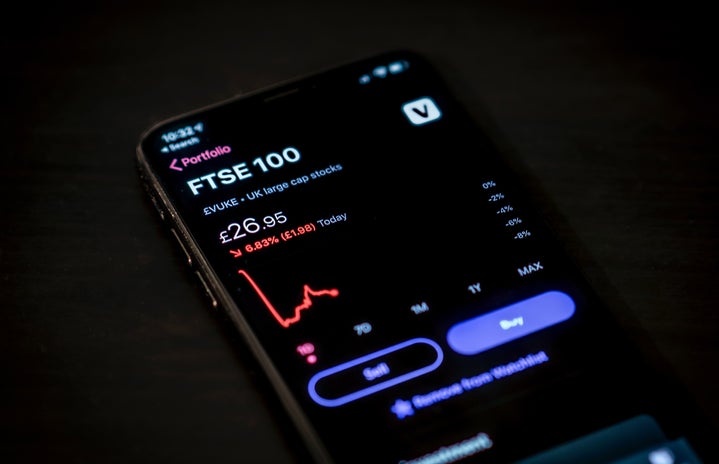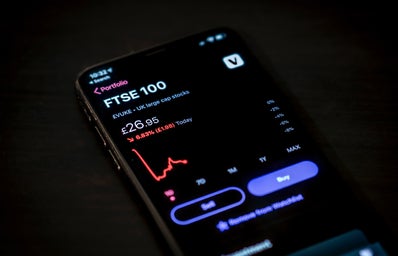The somehow even more pretentious business bros
As a woman who’s taken a couple of economics classes throughout high school and college, I’ve grown to dislike a few things more than I dislike econ guys. If you’re a fellow woman in econ, you definitely know what I’m referring to, but if you’re not as familiar with the type, I’m happy to explain what makes guys in econ so uniquely insufferable.
Let me start by explaining why they can be even worse than business guys at times. Compared to many business fields, economics requires a bit more calculus and statistics-based math and has a lot to do with “theory”. In my opinion, this gives guys who have all the hallmarks of business majors – you know, the ones who check their stocks in class – a major ego boost. They seem to think they’re far more advanced and intelligent than business majors because of the conceptual and mathematical difficulties in econ, so not only do they have the annoyingness of stock market and finance guys but also think they’re ten times smarter.
So beyond the intelligence complex, many guys who have taken basic microeconomics seem to mistake it for Mansplaining 101. In discussions of current events, whether it be COVID-19 mandates and shutdowns, environmental protections, immigration, or just about anything else, they love to respond “but what about the economy?!” To be fair, as an econ-lover myself, this isn’t a horrible question in theory, but they often examine economic impacts haphazardly to fit their previously-held political beliefs. For example, environmentally friendly operations may cost firms and individuals in the short-run, but prevent them from incurring long-term costs. And while immigration can cause competition to domestic labor, it widens the labor pool and attracts special talent to the workforce. So whatever your political beliefs may be, you have to consider multiple possibilities, which econ guys often do not. I mean, it’s not like I know the answers to these questions either (I just admit it)!
But beyond overlooking the complexities of economics, econ guys also tend to forget about actual people and the real world due to their “rational thinking”. However, the short-term costs of being environmentally friendly won’t really matter if there is no economy in a century due to environmental depletion. Also, the stock market does not represent the vast majority of American workers – it’s disproportionately held by already wealthy individuals. So while trends can indicate overall economic health, what a lot of econ guys forget is that when stocks are up, it doesn’t always mean the “economy” is doing well overall. Similarly, GDP isn’t everything. While it can indicate a country’s overall economic power, it is no indication of how real people are actually doing, as countries with lower GDPs than the U.S. also have lower infant mortality rates and higher rights of satisfaction/happiness.
As much as econ guys love their numbers and markets, that isn’t all there is to it. Fundamentally, economics is a social science, and that is critical to fully understand these issues and debates. Not to mention, it’s just the nature of the field that decorated scholars disagree over just about everything. But, hey, if the guy who’s in Econ 101 tells you what’s “good” or “bad” for the economy, you better listen to him, right?
Despite all this econ guy slander, I have to note this doesn’t apply to all guys in econ or even just the guys. I’ve met girls who act the same and plenty of guys who don’t. However, I do think the “rational” thinking of economics serves as a complement to mansplaining more than anything else. Everyone, and especially every woman, is going to run into someone who tries to over-explain something through economic terms, thinking they’re more rational and clever than you are. In these cases, it’s just best to not let them get to you or your opinions, as chances are, their ego has left out an important factor or side of the issue. And as a general rule of thumb to leave you with: avoid anyone who checks their stocks in class.


